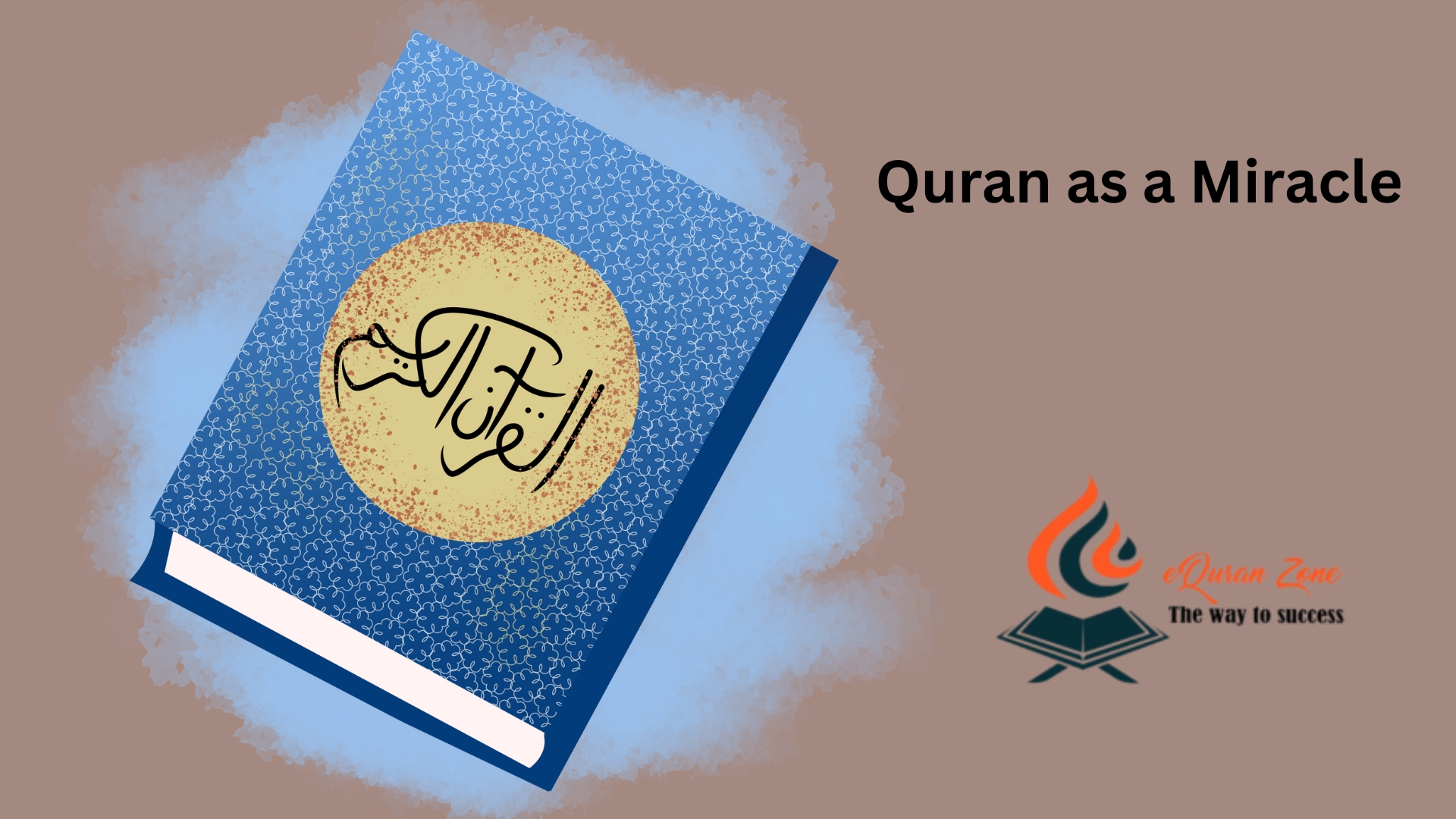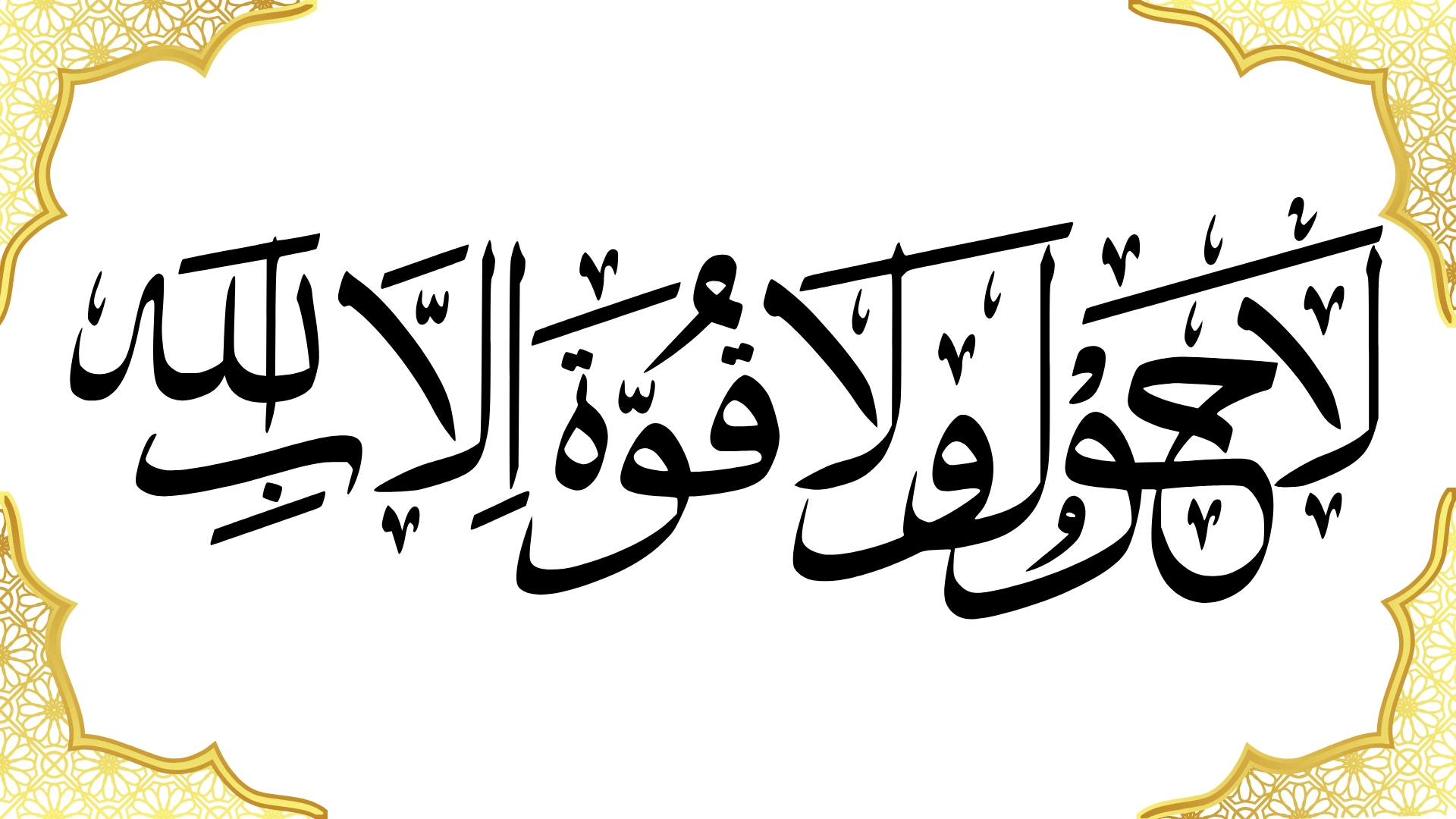The Quran stands as a significant text in the Islamic faith, revered for its guidance and extraordinary nature. It is more than spiritual scripture; it is considered a miracle that transcends time. Muslims believe it carries divine wisdom through unmatched linguistic artistry and extraordinary insights into the natural world.
Experts, analysts, and scholars often highlight the Quran’s linguistic perfection and scientific relevance. Studies examine its precise descriptions of phenomena like the universe’s expansion and human development. Researchers note that these references align with modern science, proving knowledge impossible to uncover during its revelation. This positions the Quran as a source of awe and inspiration for intellectuals.
The Quran invites you to marvel at its depth and explore its layers of knowledge. Its words remain relevant, touching minds and hearts without diminishing their impact. Whether listening to its rhythms or examining its messages, one feels compelled to uncover its truths. Truly, the Quran leaves an impression like no other. This blog will focus on these aspects—scientific and linguistic—to portray why the Quran is seen as a miracle unlike any other.
The Linguistic Brilliance of the Quran
Revealed in an era when Arabic poetry and prose were at their pinnacle, the Quran’s unmatched eloquence stunned even the greatest Arab poets of the day.
Unique Language Structure
The Quran’s language structure is distinct. Unlike human-authored texts, it does not follow conventional styles of Arabic prose or poetry. Its rhythm and cadence captivate listeners, even those who do not understand Arabic.
The Quran challenges humankind to produce something comparable to its depth, beauty, and originality. This challenge is pronounced in the verse, “And if you are in doubt about what We have sent down upon Our Servant [Muhammad], then produce a surah the like thereof…” (Surah Al-Baqarah, 2:23). Despite this open challenge, no one has succeeded in creating anything like the Quran.
Precise Word Usage
Every word in the Quran is meticulously placed. Words are chosen not just for rhyme and rhythm, but for their deep meaning. For example, verses addressing scientific knowledge include words specific to concepts that align with modern discoveries, which amplifies the Quran’s perceived miraculous nature.
The Quran avoids redundancy and maintains thematic coherence across its chapters and verses. This is astounding given that it was revealed over 23 years and not composed at once. Its form reflects both complexity and simplicity, appealing to diverse audiences.
Emotional Impact
The emotional effect of the Quran transcends language barriers. Many non-Arabs describe a sense of peace and awe when listening to its recitation.

Scientific Miracles in the Quran
Beyond its linguistic excellence, the Quran is often noted for its alignment with scientific knowledge. While it is not a book of science, many verses describe natural phenomena with remarkable accuracy. These descriptions, revealed in a time when scientific understanding was primitive, astonish readers even today.
The Origin of the Universe
It states, “Have those who disbelieved not considered that the heavens and the earth were a joined entity, and We separated them…” (Surah Al-Anbya, 21:30
Further, in Surah Adh-Dhariyat, the Quran declares, “And the heaven We constructed with strength, and indeed, We are [its] expander” (51:47). This matches the discovery that the universe is still expanding—a concept introduced centuries later.
Development of the Human Embryo
The Quran provides insights into human embryological development. One well-known verse states,
“We created man from an extract of clay. Then we made him a drop in a place of settlement, firmly fixed. Then We made the drop into an alaqah (leech-like, suspended thing), then We made the alaqah into a mudghah (chewed substance)…” (Surah Al-Mu’minun, 23:12-14).
Modern embryology has confirmed these stages. Renowned embryologist Dr. Keith Moore praised the Quran’s descriptions, stating that they corresponded to scientific knowledge only recently established.
The Role of Water
The Quran also notes the importance of water in sustaining life. “We made every living thing from water. Will they not then believe?” (Surah Al-Anbya, 21:30). It is now a scientific fact that water is essential for all forms of life. This concept was not known in 7th-century Arabia, making this verse another point of amazement.
Mountains as Stabilizers
The Quran describes mountains as being like stakes or pegs, stating, “And the mountains as stakes?” (Surah An-Naba, 78:7). Modern geology reveals that mountains do have deep roots that extend into the Earth’s crust, stabilizing it and preventing excessive movement. This scientific detail, unknown at the time, raises further intrigue.
The Meeting of Seas
Another scientific marvel is the Quran’s mention of the barrier between two bodies of water. “He released the two seas, meeting side by side. Between them is a barrier [so] neither of them transgresses” (Surah Ar-Rahman, 55:19-20). Oceanographers have discovered that where two seas meet, distinct boundaries exist due to variations in salinity, temperature, and density—a phenomenon accurately described in the Quran.
Iron’s Extraterrestrial Origin
The Quran states, “We sent down iron with its great inherent strength and its many benefits for humankind” (Surah Al-Hadid, 57:25). This phrase “sent down” aligns with scientific evidence that iron is not native to Earth. Rather, it came to Earth via meteorites billions of years ago. This incredible correspondence strikes readers with its accuracy.
The Quran’s Timelessness
The Quran remains as relevant today as it was 1,400 years ago. Its teachings continue to guide individuals spiritually, morally, and intellectually. Its scientific references encourage exploration and inquiry, while its linguistic beauty inspires admiration.
Interestingly, the Quran does not contradict established scientific facts, despite being revealed in an era lacking modern tools and knowledge. This timelessness sets it apart from other historical texts.
Conclusion
The miraculous nature of the Quran lies in its ability to speak to people of any time or place. Its linguistic preeminence and alignment with modern scientific understanding remain unparalleled. These aspects suggest a depth that transcends human comprehension.
The Quran’s invitation to reflect on the natural world, coupled with its unmatched eloquence, hints at a divine source beyond the limitations of human effort. This unique combination of elements positions the Quran as a miracle surpassing both time and skepticism. It continues to captivate hearts and minds, maintaining its profound influence across generations. The Quran is not just a book; it is a testament to the extraordinary.




